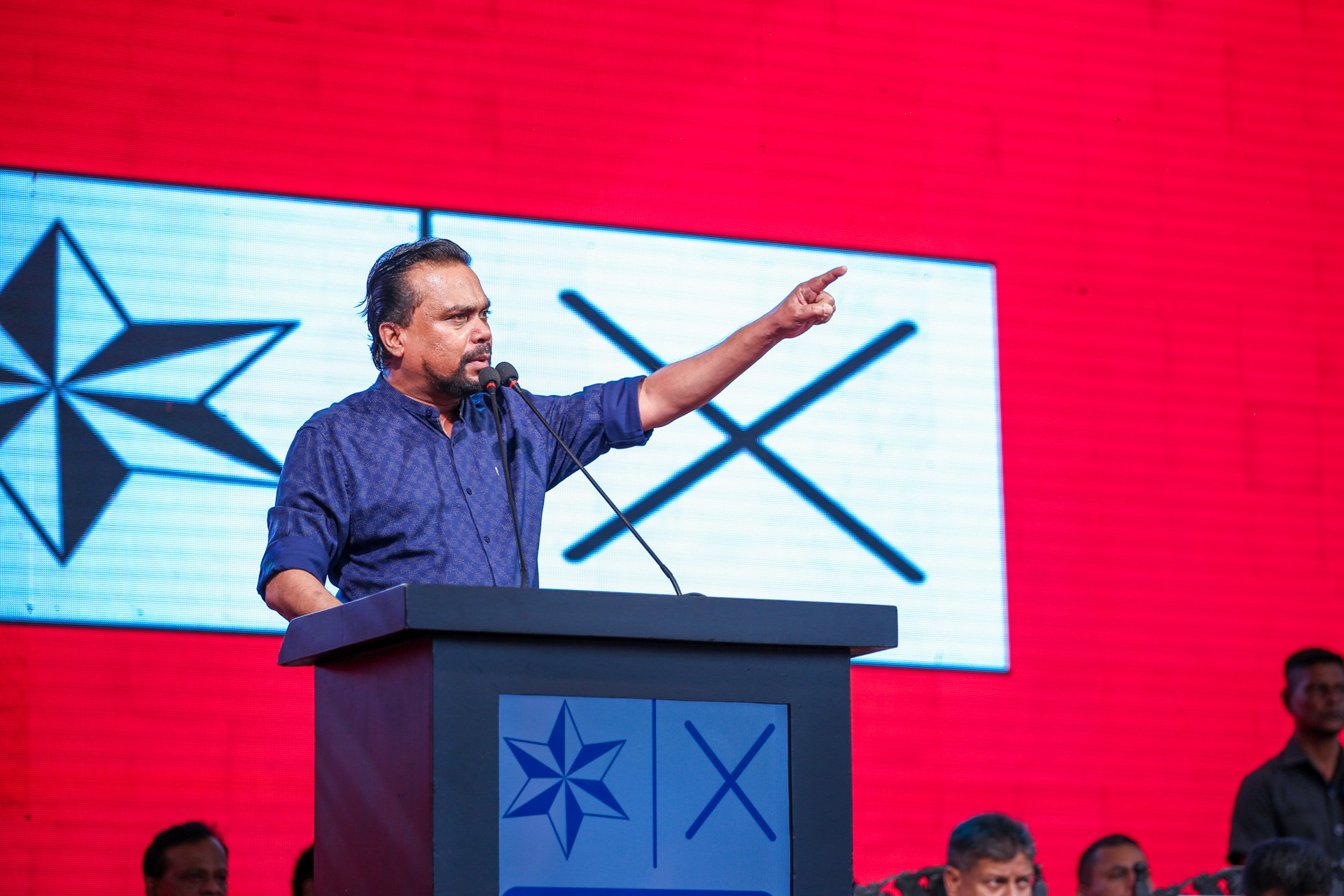
Wimal Weerawansa, leader of the National Freedom Front (NFF), has accused diaspora organizations, including the Canadian Tamil Congress (CTC), of promoting divisive agendas. His remarks come shortly after the CTC sent a letter to Sri Lanka's newly elected National People’s Power (NPP) government, urging transformative governance and justice for all communities.
Speaking to reporters, Weerawansa alleged that groups like the CTC were advancing “racist and separatist demands” under the guise of advocating for reconciliation. He claimed that the recent electoral results in the Tamil-majority Northern Province—where the NPP outperformed the Tamil National Alliance (TNA)—demonstrated a rejection of such divisive ideologies. “The Tamil people have shown their preference for unity by choosing the NPP over the TNA, which has historically supported separatist sentiments,” Weerawansa said.
In contrast, the CTC’s letter congratulated the NPP on its historic victory, describing it as “a reflection of the Sri Lankan people’s trust in the NPP’s vision for transformative governance.” The organization expressed hope that the new administration would fulfil its promises of transparency, accountability, and inclusivity, as outlined in its manifesto.
The letter called on the government to address critical issues affecting Tamil communities. It stated: “The historic opportunity before the NPP includes dismantling the executive presidency and introducing a new constitution that prioritizes democracy and the protection of the rights of all communities, including the Tamil people.”
On the issue of reconciliation, the CTC urged the NPP to “release all remaining political prisoners” and repeal the Prevention of Terrorism Act (PTA), which it described as “a longstanding injustice.” The letter also highlighted the need to address land rights, stating, “The return of privately-owned lands in the Northern and Eastern provinces currently occupied by the military is essential to rebuild trust and restore rightful ownership.”
Addressing religious freedoms, the CTC called for “the protection of Tamil worship sites” and an end to “the construction of new Buddhist temples in predominantly Tamil areas.” The letter emphasized the urgency of implementing the 13th Amendment and holding provincial council elections, stating that these steps would ensure local representation and empower regional governance until broader constitutional reforms are enacted.
Weerawansa, however, warned against what he described as undue external influence on domestic policies. “Rather than pandering to organizations like the Canadian Tamil Congress, the government’s responsibility is to equally address the aspirations of all Sri Lankans—Sinhalese, Tamils, and Muslims—within a unified state,” he said.
The CTC also addressed military reform in its letter, urging the government to “align the military presence in the Northern and Eastern provinces with the rest of the country” and to discontinue military involvement in commercial activities, which it claimed hinder local businesses and farmers.
